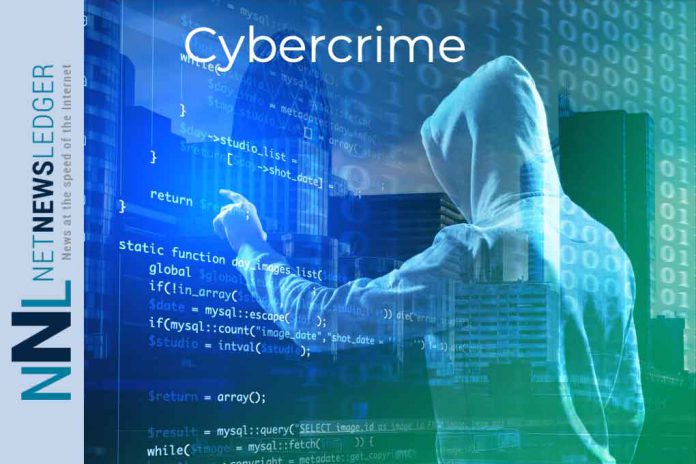
Cybercriminals Strike: What is Ransomware?
Retail giant London Drugs is facing the fallout of a ransomware attack after refusing to pay a ransom to cybercriminals who stole files from its corporate head office. Ransomware is a type of malicious software that encrypts a victim’s files, rendering them inaccessible. The attackers then demand a ransom payment in exchange for the decryption key. In this case, the LockBit ransomware group has released a massive amount of data, potentially compromising the personal information of London Drugs employees.
The LockBit Threat: “The World’s Most Harmful Cybercrime Group”
LockBit, a notorious cybercrime group, has been described by British authorities as “the world’s most harmful.” They provide hackers worldwide with the tools to execute ransomware attacks and extort money from their victims. The group’s release of London Drugs’ data is a stark reminder of the potential consequences of refusing to pay a ransom.
London Drugs Response: Protecting Employees and Investigating the Breach
London Drugs has taken steps to mitigate the damage caused by the data breach. The company is notifying affected employees, offering them credit monitoring and identity theft protection services, and investigating the full extent of the compromised information. They maintain that there is no indication that patient or customer databases were affected.
Protecting Yourself from Cybercrime: Be Vigilant and Skeptical
In the wake of this attack, London Drugs employees are advised to be extra vigilant about any communications they receive. It’s crucial to avoid clicking on links in unfamiliar emails or text messages, as these could be phishing attempts to steal personal information.
Legal Consequences in Canada: Criminal Code Charges for Cybercriminals
In Canada, cybercriminals involved in ransomware attacks can face severe legal consequences under the Criminal Code. These charges may include:
- Mischief in relation to data: This charge applies when a person wilfully destroys or alters data, renders data meaningless, useless, or ineffective, or obstructs, interrupts, or interferes with the lawful use of data.
- Unauthorized use of a computer: This charge covers the act of accessing a computer system without authorization.
- Extortion: This charge applies when a person demands payment or some other benefit in exchange for not carrying out a threat, such as releasing stolen data.
The Global Fight Against Ransomware: Law Enforcement Takes Action
International law enforcement agencies, including the Canadian RCMP, have joined forces to combat the growing threat of ransomware. In February, a consortium led by the National Crime Agency of the United Kingdom disrupted LockBit’s operations, significantly reducing their global threat. However, the group remains active and continues to pose a risk to businesses and individuals worldwide.






